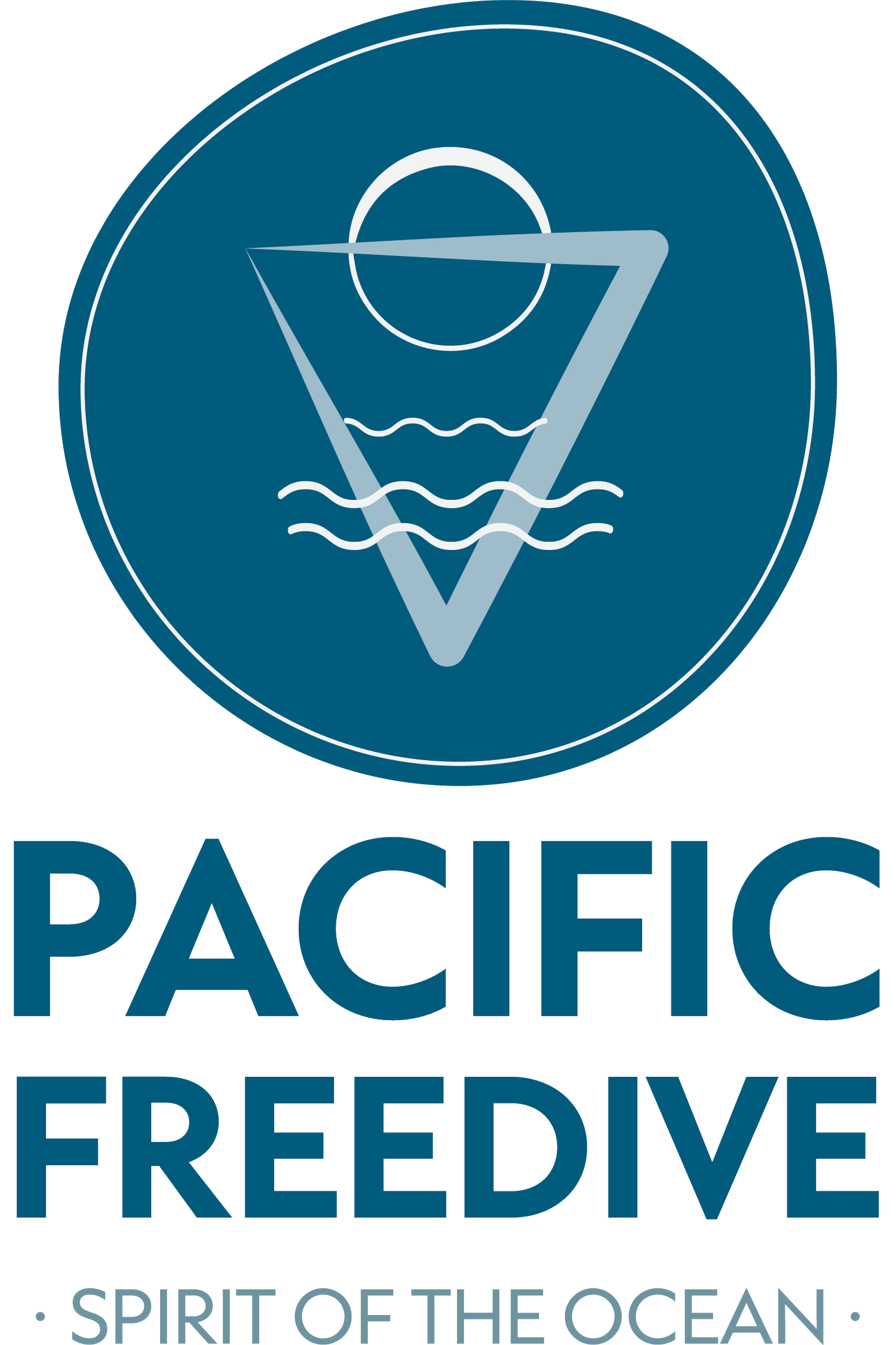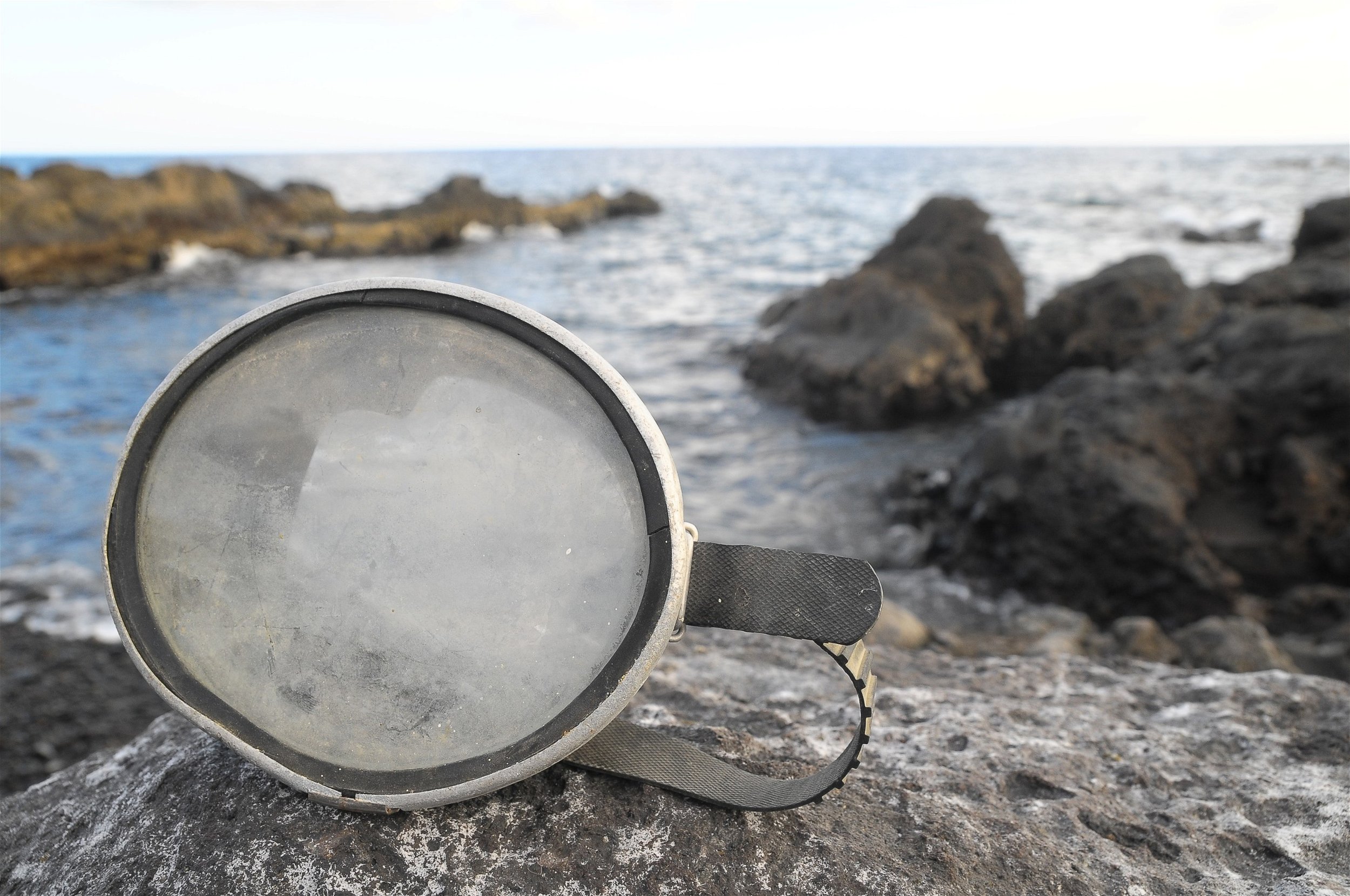Freediving: Embracing the Silence of the Sea – Yesterday, Today, and Tomorrow
As long as humans have gazed at the vast, blue expanses of the ocean, we have felt an irresistible urge to explore the mysteries beneath the surface. One of the purest forms of this exploration is freediving, a sport that combines the thrill of adventure with an intense connection to the natural world.
Freediving, also known as apnea diving, is a form of underwater diving that relies on the diver's ability to hold their breath rather than using breathing apparatus like scuba gear. In essence, freediving is about the unity between you, the water, and that single, life-giving breath you take before you submerge.
Freediving on Gili Air with Pacific Freedive Academy
Long before it was recognized as a recreational sport, freediving was a necessary survival skill. Ancient civilizations practiced freediving to gather food, harvest resources like sponge and pearl, and even wage war. The history of this sport is as deep and wide as the ocean itself.
In ancient Greece, freedivers were known as “Skandalopetra” divers, named after the flat stone they used to aid their descent. These divers played critical roles in military campaigns and were often hailed as heroes.
A Skandalopetra diver
Freediving Around the Globe: A Lifelong Tradition
In different parts of the world, freediving has been more than just a survival tactic or a recreational sport – it’s a tradition, a way of life, passed from generation to generation.
Take the remarkable Haenyeo women of Jeju Island in South Korea. These women have kept the tradition of freediving alive for centuries. Diving to depths of up to 20 meters without any breathing equipment, these 'sea women' harvest a variety of shellfish, seaweed, and other marine life, spending up to two minutes underwater on a single breath. Their unique culture and sustainable practices have led to the Haenyeo tradition being recognized as a UNESCO Intangible Cultural Heritage.
The Jeju Women
Freediving Today
Fast forward to the present day, and freediving has evolved into a dynamic sport with competitive disciplines, rigorous training regimens, and international governing bodies like the International Association for the Development of Apnea (AIDA).
There are now global competitions where athletes test their mettle in various categories, such as static apnea (holding one’s breath underwater without moving for as long as possible), dynamic apnea (swimming as far as possible on a single breath), and depth disciplines (diving as deep as possible on a single breath).
Vertical Blue competition - Alexey Molchanov
Yet, despite its evolution into a modern, competitive sport, at its heart, freediving remains a celebration of human potential and our intimate connection with the ocean. It challenges us physically and mentally, pushing us to explore the depths of our capabilities.
As the sport continues to grow in popularity, it is the stories from across the centuries, from the ancient Greek divers to the Haenyeo women of Jeju, that remind us that the spirit of freediving is more than competition and adventure. It's about embracing the silence of the sea, the rhythm of our breath, and the extraordinary depth of our human potential.
After all, as any freediver will tell you, when you dive into the ocean, you're also diving into yourself. Whether you're a seasoned diver or just starting your journey, the world of freediving is a deep, expansive adventure waiting to be explored.






